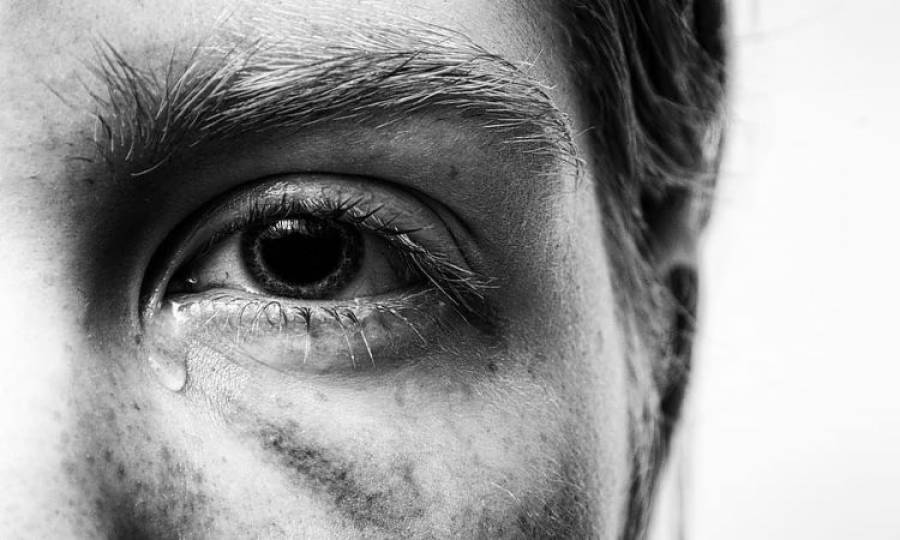False Rape Case: A woman has been arrested for falsely accusing men
A woman booked in a false rape case

ALLAHABAD: According to Section 344 of the Criminal Procedure Code, the Allahabad High Court has ordered the trial court to commence summary proceedings against the victim for giving false testimony.
False Rape Accusation in India
The Allahabad High Court has taken a strict stance that the court has seen countless instances in which the victim has not backed the prosecution's case and has changed their statement during the trial.
The victim has likewise adopted a similar position in the present case and has not supported the prosecution's case.
A single bench of Justice Saurabh Shyam Shamshery issued this order after hearing Jannat @ Urvesh's Criminal Misc Bail Application.
A woman was booked for accusing men of rape falsely.
Applicant Jannat alias Urvesh has filed a Criminal Misc Bail Application under Section 439 CrPC in response to the rejection of his Bail Application on April 7, 2022, by the Additional District and Sessions Judge/ Special Judge (POCSO Act), Baghpat, in Case under Sections 476D(A), 328, 342, 120B, 506 IPC, 5G/6 of POCSO Act, 3/5 U.P Anti Conversion and Religion Act, 3(2)(
The applicant's counsel and the victim's counsel have pointed out the following events: the victim is currently living with co-accused Shahzad as a married couple, and a baby girl has also been born. The applicant is alleged to have committed gang rape against a girl younger than 16 years old during the incident, and the minimum sentence is 20 years in prison.
Other co-defendants have been granted bail based on the victim's testimony; consequently, the petitioner is also entitled to the same advantage.
False Rape Case in India
In the interest of justice, the court has ordered that the defendant Jannat alias Urvesh be released on bail upon posting a personal bond and two sureties, each in the same amount, to the satisfaction of the court: -
I The applicant will not tamper with prosecution evidence and will not in any way injure or harass the victim/complainant.
(ii) The applicant will comply with all court orders, will appear in court on all scheduled dates, and will not delay the trial in any way.
(iii) The applicant must file an undertaking that he will not seek a postponement on the date set for the presentation of evidence when the witnesses are present in court.
In the event of a violation of this condition, the Trial Court may deem it an abuse of bail and issue orders in line with the law.
(iv) The applicant will not abuse his or her release on bail in any way.
In the event that the applicant abuses the privilege of bail during trial, a proclamation under section 82 of the Criminal Procedure Code may be issued to secure his presence. If the applicant fails to appear before the court on the date specified in the proclamation, the Trial Court shall initiate proceedings against him in accordance with section 174-A of the Indian Penal Code.
(v) The applicant shall appear in person before the Trial Court on the dates fixed, and if the Trial Court determines that the applicant's absence was deliberate or without sufficient cause, the Trial Court may treat such absence as an abuse of bail and proceed against him in accordance with the law, and the Trial Court may proceed against him under Section 229-A of the Indian Penal Code.
(vi) Following the release of the applicant, the trial court may make every effort to resolve the case as quickly as feasible.
The court will verify the identification, status, and residence of the sureties, and if any of the aforementioned terms are violated, the court has the authority to revoke the bail and send the applicant to jail.
It is also ordered that any compensation awarded to the victim be retrieved.
Taking into account the victim's position, the bench ordered the trial court to initiate summary proceedings against the victim for giving false evidence in accordance with Section 344 of the Criminal Procedure Code. In this regard, it is appropriate to quote the relevant portion of the Supreme Court's decision in Hemudan Nanbha Gadhvi vs. the State of Gujarat, (2019) 17 SCC 523.
Trending
Popular
Sindh pledges vigorous action to prevent poliovirus transmission
-
PMA stresses health equity on World ...
04:08 PM, 9 Apr, 2024 -
Dow University’s new rabies vaccine ...
12:18 PM, 28 Mar, 2024 -
IRD role lauded in advancing ...
02:53 PM, 12 Mar, 2024 -
Over one billion people worldwide ...
09:48 AM, 5 Mar, 2024




